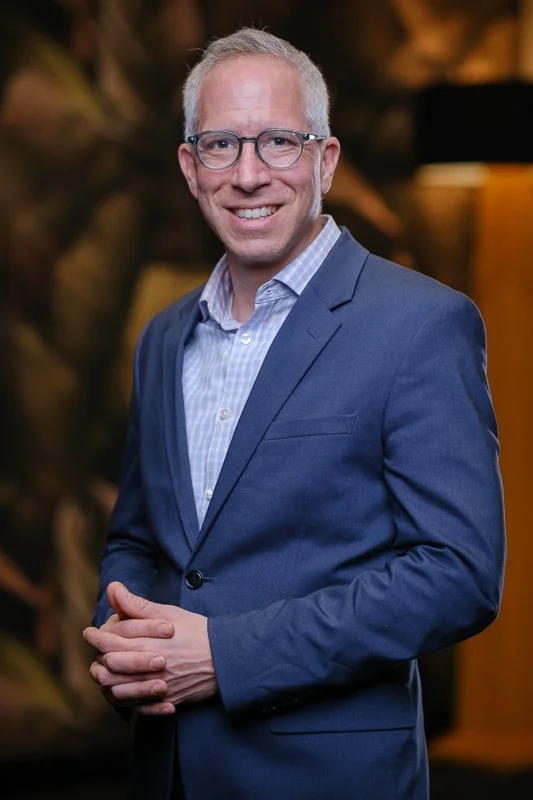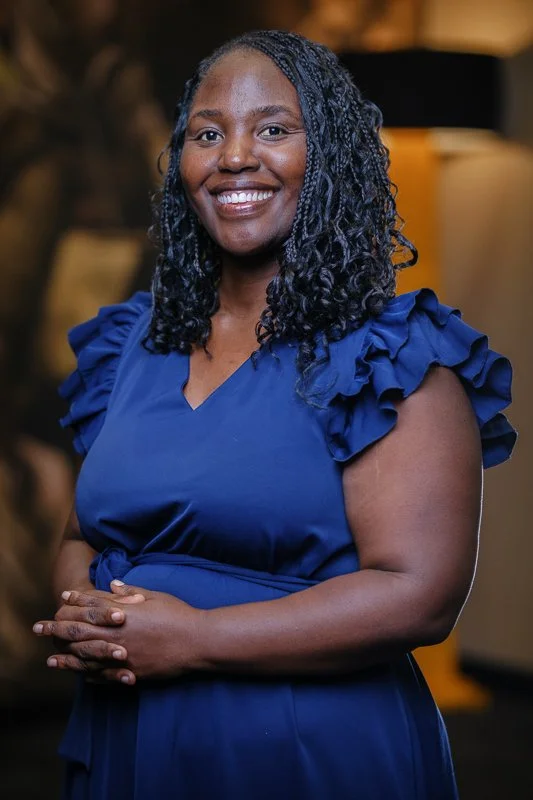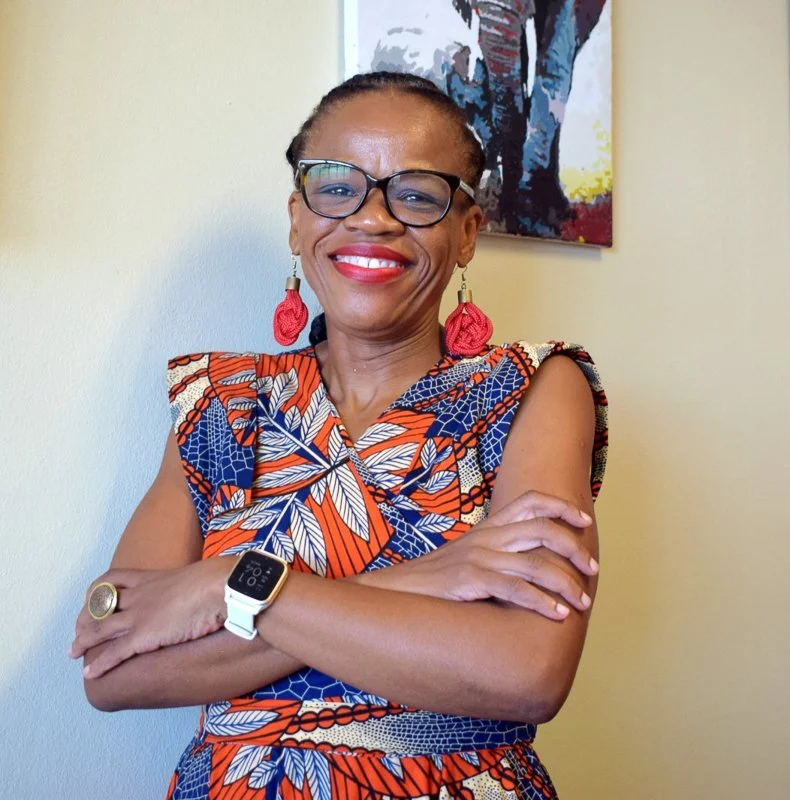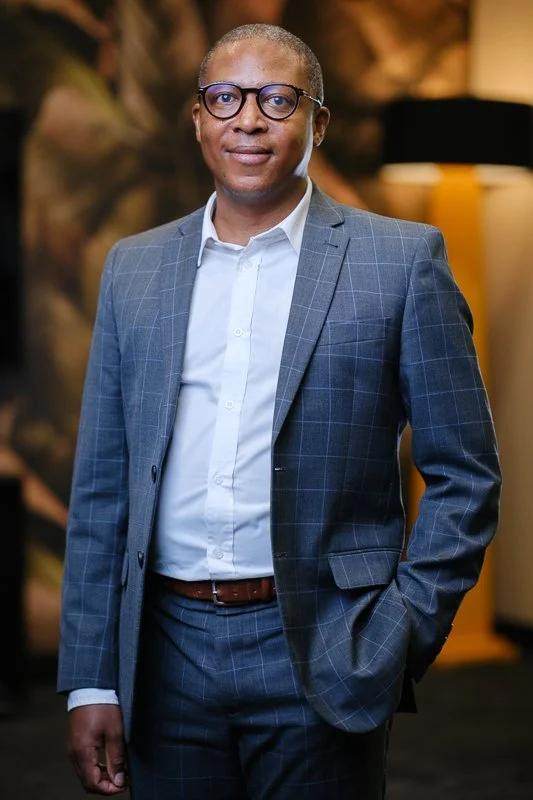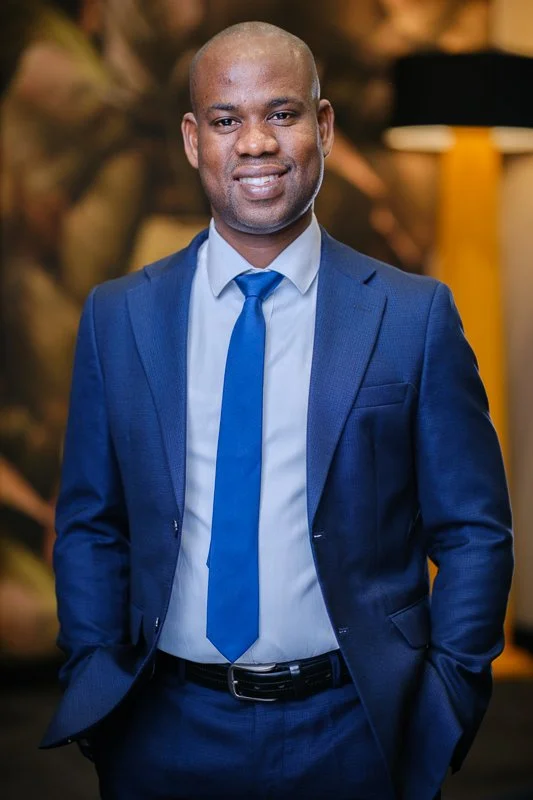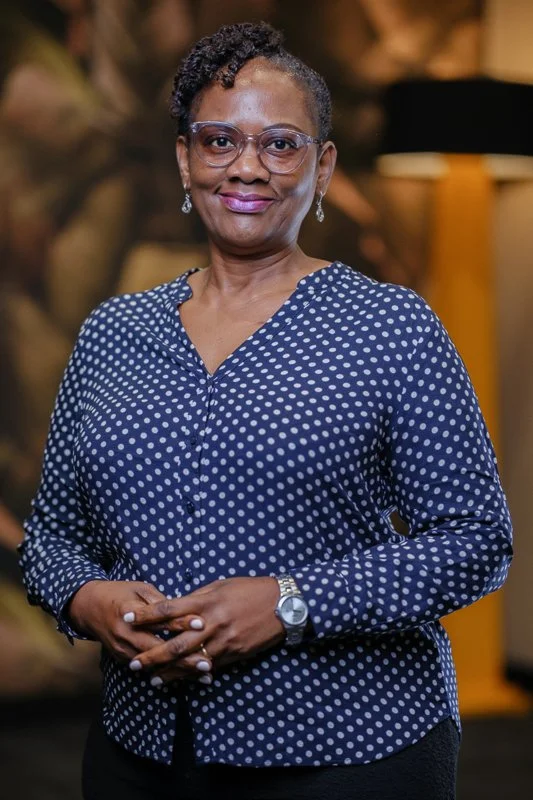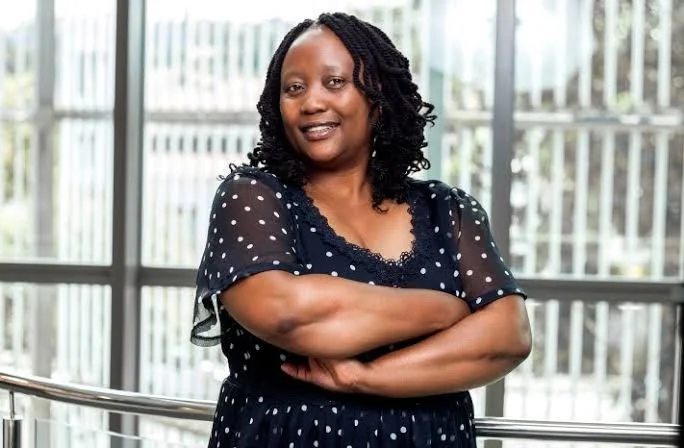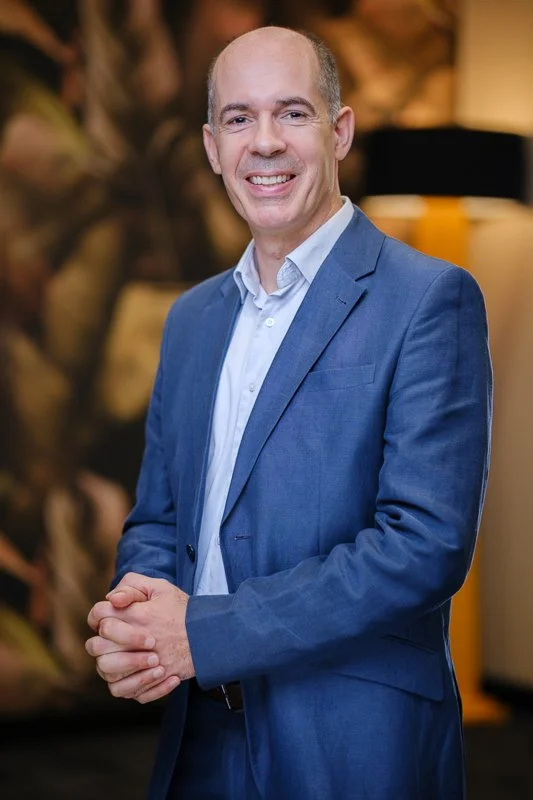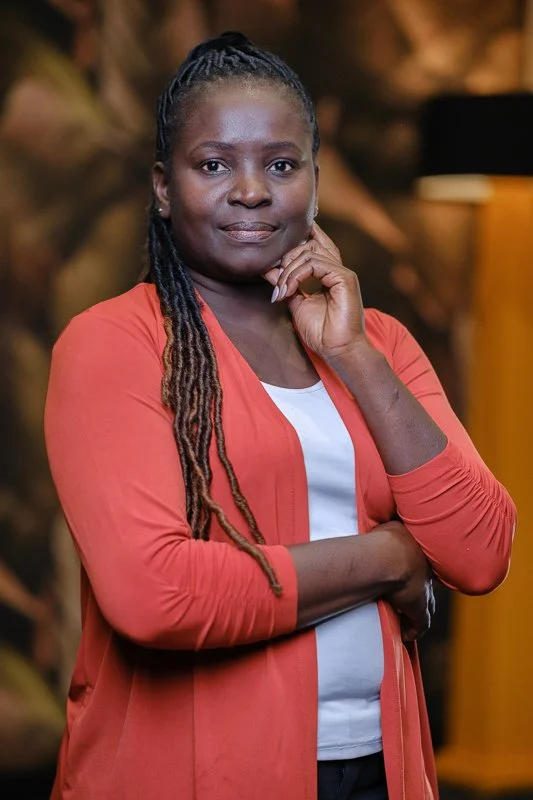Mark Siedner
Research Faculty, Africa Health Research Institute
Professor of Medicine, Harvard Medical School
Visiting Faculty, Mbarara University of Science and Technology
Honorary Associate Professor, University of KwaZulu-Natal
Prof. Mark Siedner, MD, MPH, is a clinical epidemiologist who leads a clinical trials and implementation evaluations focused on identifying and mitigating causes of morbidity among people living with chronic diseases in sub-Saharan Africa. His work has led to over 350 peer-reviewed publications and motivated changes in public health practice, such as the abolishment of delays between eligibility and initiation of antiretroviral therapy. Moreover, he has supported the work of dozens of junior investigators both in the United States and sub-Saharan Africa, co-directing two NIH training programs (T32 and D43) that have led to over 100 first-author publications by mentored trainees and successful applications for NIH K23, NIH K43, NIH R21, R01, T32, Fogarty, and Harvard CFAR mentored training awards. His mentorship has also been recognized through his receipt of the Harvard Medical School Young Mentor Award and the Steven Calderwood Mentorship Award.
Why is now the time to pursue the GLISTEN initiative?
“GLISTEN is an idea that has come out of decades of work for many people. Our goal, as supporting partner from the United States, is to be a spark plug - to put the right people in the room to get those ideas on paper and to allow African scientists to take the leadership.
We are at a unique moment. The world is at a unique moment. There are challenges that we haven’t faced before in terms of how African science is funded, how global science is funded and that’s a major challenge, but at the same time what an opportunity.
What a time to say, “How could we do this better? How could we do it differently? How could we empower the people that haven’t been historically empowered and put them in positions of leadership? Put them as the responsive members of scientific programmes. Let them drive the policy.”
We have extraordinary opportunities and GLISTEN is a unique way to respond to those opportunities.”
What do you see as the most exciting opportunities for the GLISTEN initiative?
“GLISTEN starts with science and scientific ideas from African communities from African scientists. Not what the funders and global North want. It is what do the communities and scientists from the global South want.
GLISTEN is not trying to repeat the old model.
It’s trying to say, “What are the biggest burdens of disease here? Is it heart disease? Is it cancer? Is it how infections like HIV and TB lead to those problems and do so in very different ways.”
So what we need is African science to answer problems for Africa and that’s what GLISTEN can do.”
If you could tell a funding organisation one thing about GLISTEN and its potential to change the way we do science, what would it be?
“GLISTEN is an opportunity to do something that we often talk about, but that we rarely actually succeed and that is, “Where is our moral compass? What do we think is the right way of doing work and, how do we make sure that that work leads to global impact?”.
We have African scientists doing African science and we have the opportunity to change health and lives in Africa. Put those two together and it’s like no other opportunity.
It’s a unique opportunity that any funder that is really committed to saying, “My goal is to improve this continent, to improve the well-being of people on this continent - not just in terms of health, but in terms of capacity building and in terms of the future of this continent.” GLISTEN is the overlap that very few opportunities can give.”
A message from Mark
“I am thrilled and proud to be part of GLISTEN, and excited about what this team of scientists can bring to bear to address the most pressing health changes in the Global South.”

